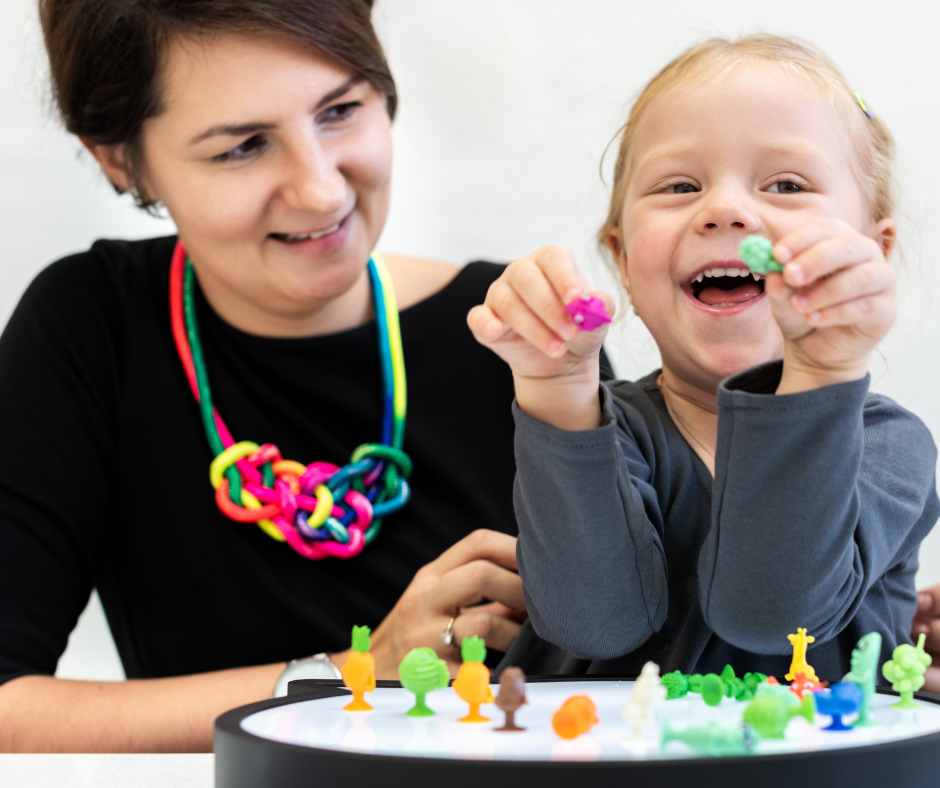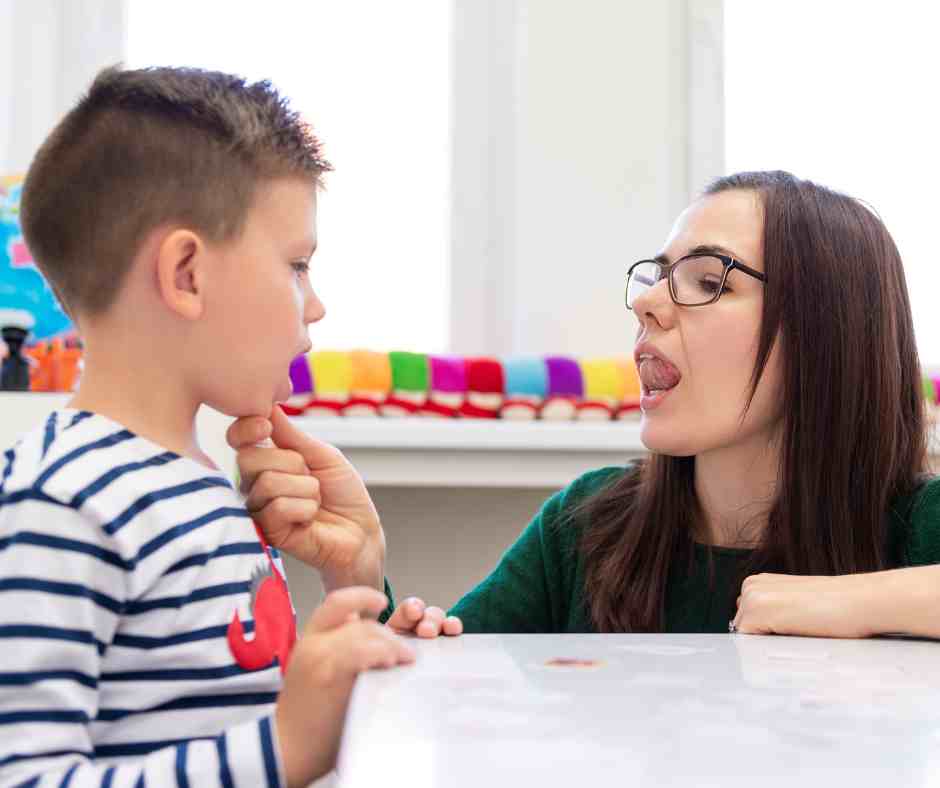As parents, we want our children to thrive, explore, and enjoy life to the fullest. But sometimes, we notice our child becomes unusually irritable, withdrawn, or anxious, even in familiar settings. You may wonder, “What’s going on? Why does this happen?” Often, the answer lies in something called sensory overload.
What is Sensory Overload?
Sensory overload happens when a child’s brain receives more input than it can comfortably process. Imagine being in a crowded, noisy room with bright lights and constant movement. For some children, this is their everyday experience. Their senses—sight, sound, touch, taste, and movement—are working overtime, and the result can be stress, frustration, or withdrawal.
Signs of sensory overload can include:
- Covering ears or eyes in noisy or bright environments
- Avoiding touch or certain textures in clothing or food
- Fidgeting, restlessness, or seeming “on edge”
- Emotional meltdowns over small changes in routine
- Difficulty focusing, following instructions, or engaging socially
Every child is unique, and what feels overwhelming for one child may be manageable for another.
Why It Matters
When sensory overload is frequent, it can affect a child’s confidence, learning, and social interactions. Simple everyday activities—like going to school, attending a birthday party, or eating certain foods—can become sources of stress.
How Occupational Therapy in Dubai Supports Children
This is where occupational therapy in Dubai can make a real difference. Occupational therapists (OTs) are trained to understand how children perceive and respond to sensory input. They work closely with children and families to:
- Identify triggers that cause sensory overload
- Teach children coping strategies for managing overwhelming situations
- Adapt environments at home, school, and in the community
- Build skills in self-regulation, attention, and social participation
Occupational therapy is not just about “fixing” challenges—it’s about empowering children to navigate their world confidently and comfortably.
Practical Tips for Parents
While professional support is essential, parents can also help at home:
- Observe and track triggers: Note when your child becomes overwhelmed—certain noises, textures, or busy environments can be common culprits.
- Create calming spaces: A quiet corner with soft lighting, noise-canceling headphones, or sensory-friendly toys can help your child reset.
- Establish predictable routines: Consistency can reduce anxiety and provide a sense of control.
- Offer choices: Allowing children to choose activities or clothing can help them feel empowered.
Every step you take to understand your child’s sensory needs strengthens their ability to succeed. If you notice signs of sensory overload, reaching out to a trusted occupational therapy center in Dubai can provide guidance, support, and strategies tailored to your child.
At Esperanza, we understand that every child experiences the world differently, and sensory challenges can feel overwhelming for both children and parents. Our compassionate team of licensed occupational therapists in Dubai works closely with families to create individualized strategies that help children thrive.
If you notice signs of sensory overload in your child or want guidance on building their confidence and independence, reach out to us today. Together, we can support your child’s journey toward a calmer, more confident, and joyful life.
📞 Call or WhatsApp us at +971555241094 to schedule a consultation or learn more about our services.
Your child’s world can be challenging—but with the right understanding and support, they can learn to navigate it with confidence, curiosity, and joy.



